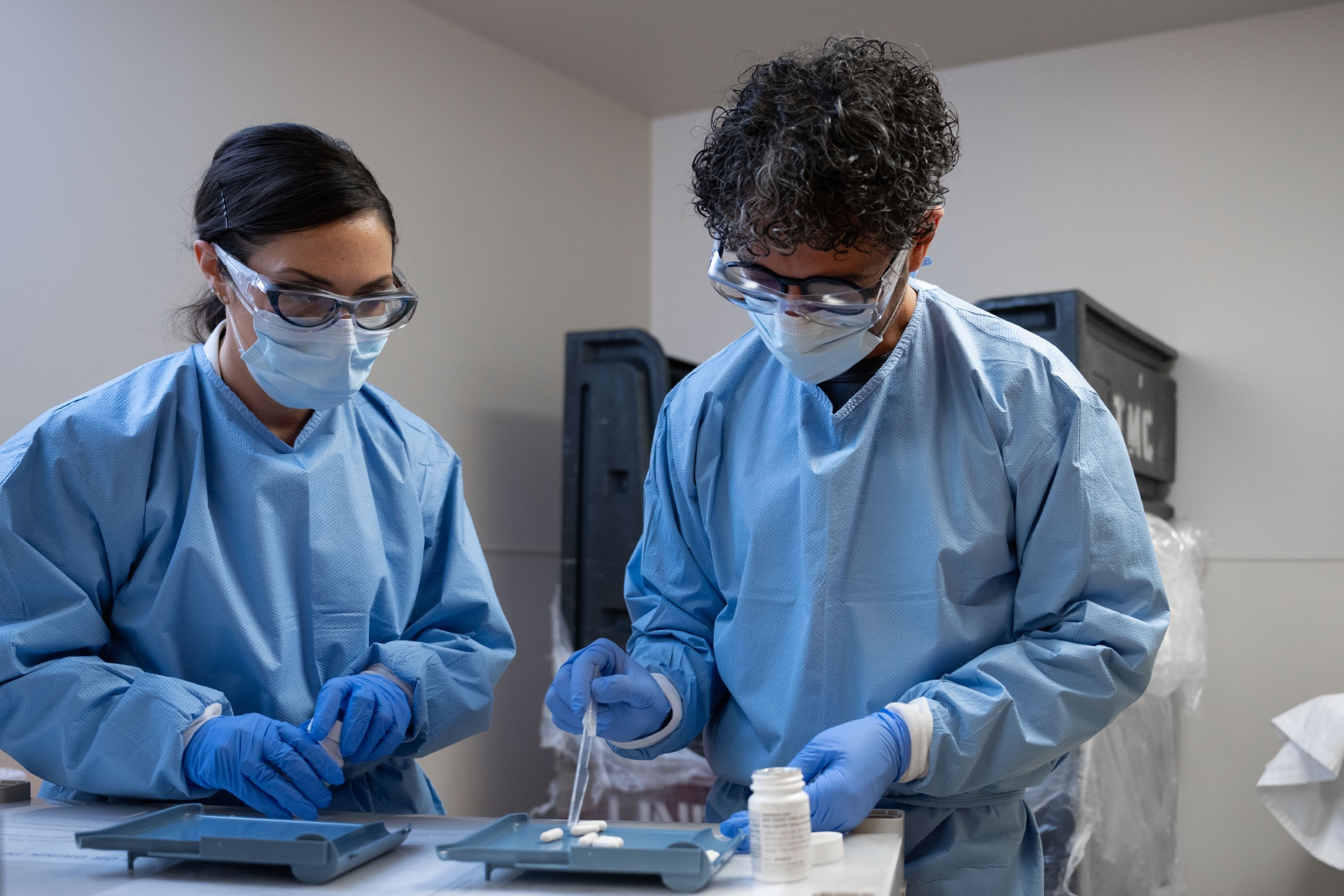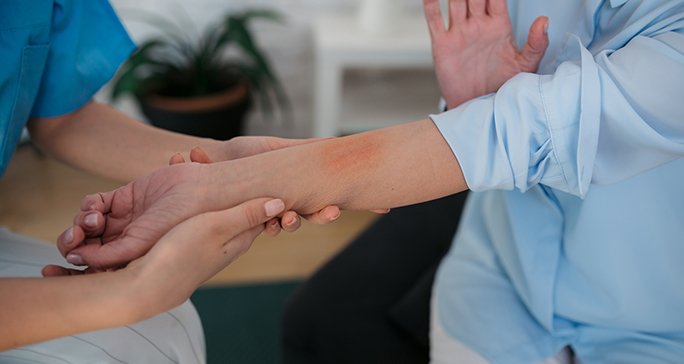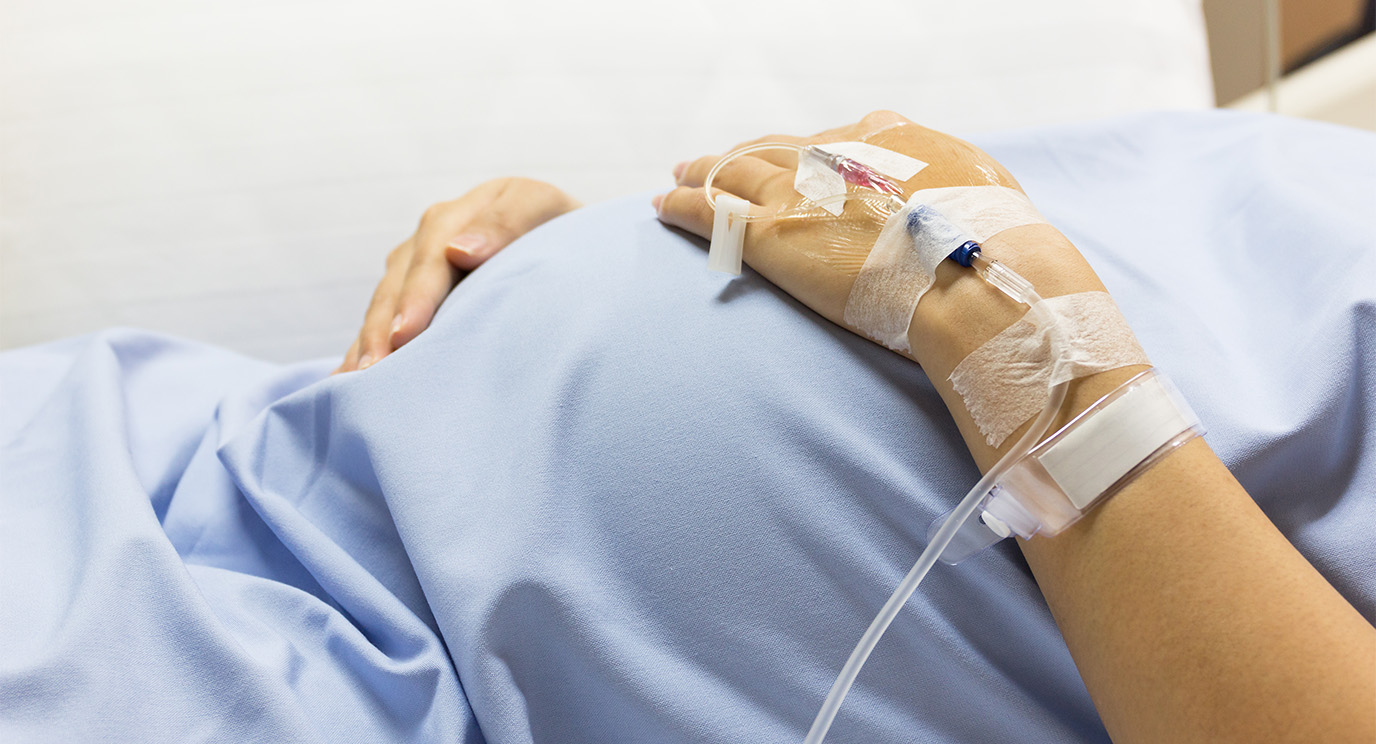- Diseases
- Acoustic Neuroma (14)
- Adrenal Gland Tumor (24)
- Anal Cancer (66)
- Anemia (2)
- Appendix Cancer (16)
- Bile Duct Cancer (28)
- Bladder Cancer (68)
- Brain Metastases (28)
- Brain Tumor (228)
- Breast Cancer (714)
- Breast Implant-Associated Anaplastic Large Cell Lymphoma (2)
- Cancer of Unknown Primary (4)
- Carcinoid Tumor (8)
- Cervical Cancer (154)
- Colon Cancer (164)
- Colorectal Cancer (110)
- Endocrine Tumor (4)
- Esophageal Cancer (42)
- Eye Cancer (36)
- Fallopian Tube Cancer (6)
- Germ Cell Tumor (4)
- Gestational Trophoblastic Disease (2)
- Head and Neck Cancer (6)
- Kidney Cancer (124)
- Leukemia (344)
- Liver Cancer (50)
- Lung Cancer (288)
- Lymphoma (284)
- Mesothelioma (14)
- Metastasis (30)
- Multiple Myeloma (98)
- Myelodysplastic Syndrome (60)
- Myeloproliferative Neoplasm (4)
- Neuroendocrine Tumors (16)
- Oral Cancer (100)
- Ovarian Cancer (170)
- Pancreatic Cancer (166)
- Parathyroid Disease (2)
- Penile Cancer (14)
- Pituitary Tumor (6)
- Prostate Cancer (144)
- Rectal Cancer (58)
- Renal Medullary Carcinoma (6)
- Salivary Gland Cancer (14)
- Sarcoma (236)
- Skin Cancer (294)
- Skull Base Tumors (56)
- Spinal Tumor (12)
- Stomach Cancer (60)
- Testicular Cancer (28)
- Throat Cancer (90)
- Thymoma (6)
- Thyroid Cancer (98)
- Tonsil Cancer (30)
- Uterine Cancer (78)
- Vaginal Cancer (14)
- Vulvar Cancer (18)
- Cancer Topic
- Adolescent and Young Adult Cancer Issues (20)
- Advance Care Planning (10)
- Biostatistics (2)
- Blood Donation (18)
- Bone Health (8)
- COVID-19 (362)
- Cancer Recurrence (120)
- Childhood Cancer Issues (120)
- Clinical Trials (622)
- Complementary Integrative Medicine (24)
- Cytogenetics (2)
- DNA Methylation (4)
- Diagnosis (226)
- Epigenetics (6)
- Fertility (62)
- Follow-up Guidelines (2)
- Health Disparities (14)
- Hereditary Cancer Syndromes (122)
- Immunology (18)
- Li-Fraumeni Syndrome (8)
- Mental Health (118)
- Molecular Diagnostics (8)
- Pain Management (64)
- Palliative Care (8)
- Pathology (10)
- Physical Therapy (18)
- Pregnancy (18)
- Prevention (886)
- Research (388)
- Second Opinion (74)
- Sexuality (16)
- Side Effects (602)
- Sleep Disorders (10)
- Stem Cell Transplantation Cellular Therapy (216)
- Support (404)
- Survivorship (322)
- Symptoms (186)
- Treatment (1770)
What to expect during a CT scan
2 minute read | Published October 29, 2014
Medically Reviewed | Last reviewed by an MD Anderson Cancer Center medical professional on October 29, 2014
CT scans or CAT scans are a crucial part of the cancer diagnosis and cancer treatment process. A CT scan takes X-ray images from multiple angles. This allows your doctors to see where the cancer is located and determine whether the cancer treatment is working.
For many patients, CT scans can be a source of anxiety, especially if you've never had one before. Many patients call this "scanxiety," and while it's a perfectly normal feeling, knowing what to expect can help reduce feelings of nervousness.
Preparing for your CT scan
Before getting a CT scan, there are a few things you should do. Following these steps is essential to ensuring your care team gets the images they need to get a good look at your cancer.
- Drink 8 to 24 oz. of water or clear juice.
- Don't eat or drink anything for 3 to 4 hours before your scan.
- If you need to have bloodwork done, make sure it is done within two weeks after your last chemotherapy treatment, so the CT technicians know that your kidneys are functioning well enough to handle the oral contrast. Tell the staff if you may be pregnant.
Following this advice is essential to ensuring that your care team gets the images they need to get a good look at your cancer.
What happens during a CT scan?
Before you start the CT scan, you may be given an oral contrast to drink and through an IV. The oral contrast will help your care team see the scans more clearly. The IV may feel a little warm. Afterwards, you're ready for CT scan to begin.
You'll lie down on the table while the donut-shaped machine moves around you, collecting images. A CT scan typically takes about 20 minutes or less.
After your CT test
Some patients who are allergic to the contrast are administered certain medications before a CT test. If that's the case for you, you may not be able to drive home following the test.
Instead, you'll need to have a friend or caregiver drive you. Also be sure to drink lots of water after the test. This will help keep you hydrated and improve kidney function.
Results from the scans should be available between 7 to 10 days following the CT scan, but patients should discuss this with their doctors to determine if they need to get the results back more quickly. Waiting for the scan results may bring anxiety, but that is a perfectly normal feeling and there are many ways to cope.






